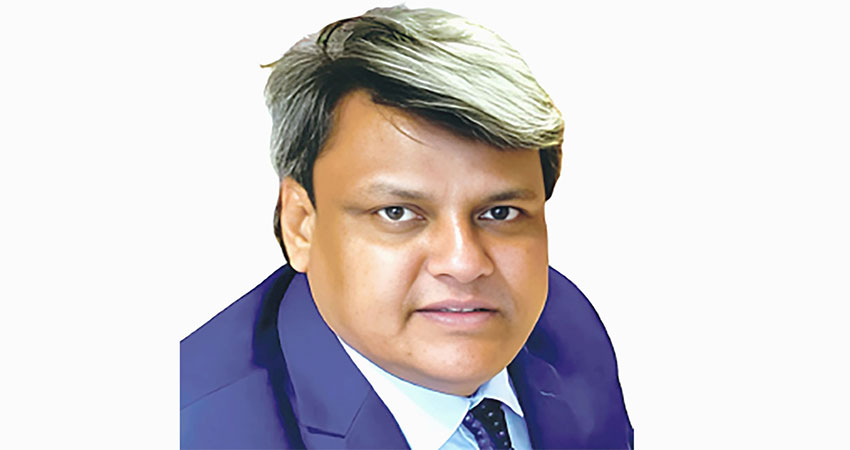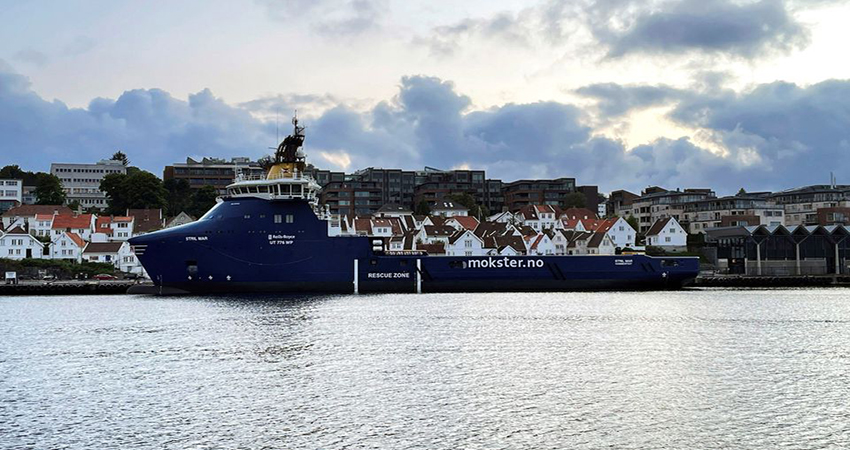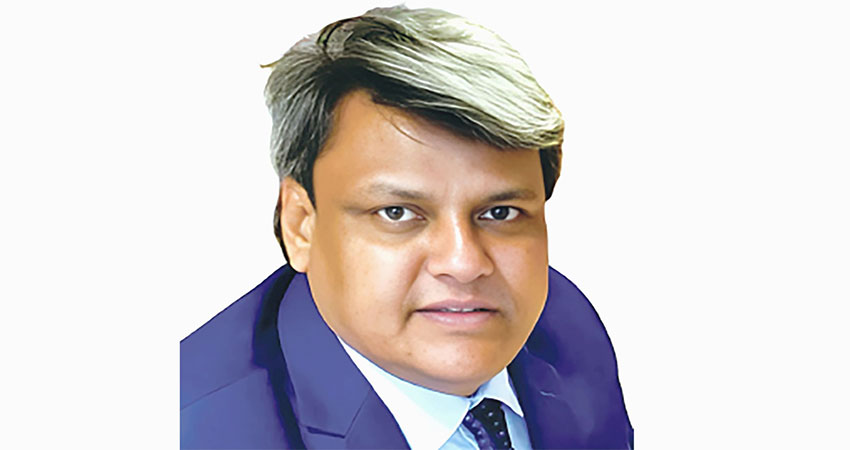Legendary Brazilian footballer Edson Arantes do Nascimento, better known as Pele, died on December 29, 2022 at the age of 82 after suffering from various diseases including colon cancer. After retiring more than four decades ago in 1977, the former player is still one of the most recognized and respected footballers in the world. Pele is famous for winning the World Cup three times. He is the only player - who has won the World Cup so many times. He also played 1,363 matches for his club and country and scored a total of 1,279 goals which is a world record.
The skill that Pele displayed in football was beyond human imagination. His story spread beyond sports. Pele played as an attacking player. He is called the king of football. He participated in the 1958, 1962, 1966 and 1970 World Cup football competitions for Brazil. He is the all-time top scorer for the Brazilian national team.
Pele was born on October 23, 1940 in Minas Gerais, Brazil. His father's name is Dondinho and mother's name is Celeste Arantes. His father was also a footballer and played for Fluminense FC. Pele was the older of two siblings and was named after American inventor Thomas Alva Edison. His parents decided to call him "Edson". His family nickname was "Dico". He earned the nickname "Pele" while in school.
When asked for his preferred nickname in school, he uttered the name of local Vasco da Gama goalkeeper Bile. But he pronounces it wrong. Although Pele later complained, his nickname at school remained Pele. Pele wrote in his autobiography that he and his old friends had no idea what the name meant.
Pele grew up in poverty in Bauru, Sao Paulo state. He used to earn extra money by working in a tea shop. His father taught him to play soccer, but he couldn't afford a soccer ball, so he played by making a ball out of newspaper, rope, or grapes inside a sock. Pele played for several amateur teams in his youth, including Sete de Setembro, Canto do Rio, So Paulinho, and Ameriquinha.
Pele led Bauru Atletco Club Junior to two Sao Paulo State Youth Championships. Their coach was Waldemar de Brito. In his mid-teens, Pele played for an indoor soccer team called Radium. Indoor football was just starting to become popular in Bauru at that time. He participated in the region's first futsal. Pele and his team won the first championship and several other competitions.
According to Pele, futsal was much faster than playing football on grass and the players had to think quickly as everyone was close to each other on the pitch. Pele credits futsal with helping him think better about the sport. Additionally, Futsal allowed him to play with adults at the age of 14. In one of the tournaments he participated in, he was initially thought to be too young to play, but Pele eventually finished as top scorer with 14 or 15 goals.
In 1956, de Brito took Pele to Santos, to play for professional club Santos FC. He pointed to Pele and told the Santos managers that the 15-year-old would one day be "the best soccer player in the world." Pele impressed Santos coach Lula during a trial at the Estadio Villa Belmiro. In June 1956, Pele signed a contract with the club to play for Santos. At that time, Pele was widely promoted as a future superstar in the local media.
Pele made his debut at the age of 15 on 7 September 1956 against Corinthians de Santo Andre and produced an impressive performance in a 7-1 win. It was in this match that Pele scored the first goal of his long and prolific career. Pele played his first international match against Argentina on July 7, 1957 at Maracana Stadium. In a 2-1 loss, Pele scored his first goal for Brazil at the age of 16 years and 9 months, making him the youngest international goal scorer.
Pele played his first World Cup match against the Soviet Union. Garrincha, Zico and Bhava were teammates with Pele and he was the youngest player at that World Cup and the youngest player in any World Cup game to date. The goal in the quarter-final against Wales was Pele's first and only goal of the competition, helping Brazil progress to the semi-finals. Pele was 17 years and 239 days old at the time of the match, the youngest of all World Cup goals scorers.
In the 1966 FIFA World Cup, Brazil won the first group match against Bulgaria but lost the second match against Hungary. Earlier, pele suffered a serious injury despite winning against Bulgaria. Still, coach Vicente Feola surprised everyone by taking Pele in the final group game against Portugal.
Pele's Santos FC football club was one of the most popular clubs in the world in the sixties. This club used to participate in friendly matches in different parts of the world. Due to this reputation they also got some additional benefits. One such friendly was in war-torn Nigeria on 4 February 1969. In that game held in Benin City, Santos beat the local XI 2-1. A bloody civil war was going on in Nigeria. There were a lot of concerns among Brazilian officials about sending players to Nigeria in such a situation. Therefore, the warring parties then agreed to a truce.
Brazil won the world cup title again in 1970, erasing the failure of the previous World Cup. They won the trophy in three of the four consecutive tournaments. Pele played the last of his fourth World Cups. Captain Carlos Alberto crushed Italy by 4-1 in the final. The Jules Rimet trophy was given to Brazil after the team won the title three times. Pele was named the best player. After the 1970 World Cup, Pele proved himself as the best football player of all time.
While other Brazilian footballers played for foreign clubs, Pele was barred from playing abroad during the prime of his career. Santos FC have been approached by clubs like Real Madrid and AC Milan to sign Pele. There was pressure from the highest levels of government to keep Pele in Brazil. In 1961, then-President Janio Quadros issued a decree declaring Pele a "national treasure" and declaring him "not to be exported". Pele later played for a foreign club only in 1975. At that time he joined New York Cosmos, an American football club.
From 1995 to 1998, he served as Brazil's Minister of Sports for three years. During that time he led legislation that gave professional footballers some bargaining power with clubs that footballers of his own generation did not have. In 2016, a film called "Pele: Birth of a Legend" was made about Pele's life story. The film depicts the ups and downs of his life and all his achievements.
Writer: Columnist, and Asst Officer, Career & Professional Development Services Department (CPDS), Southeast University.
Citizentimes/OH/MY



















